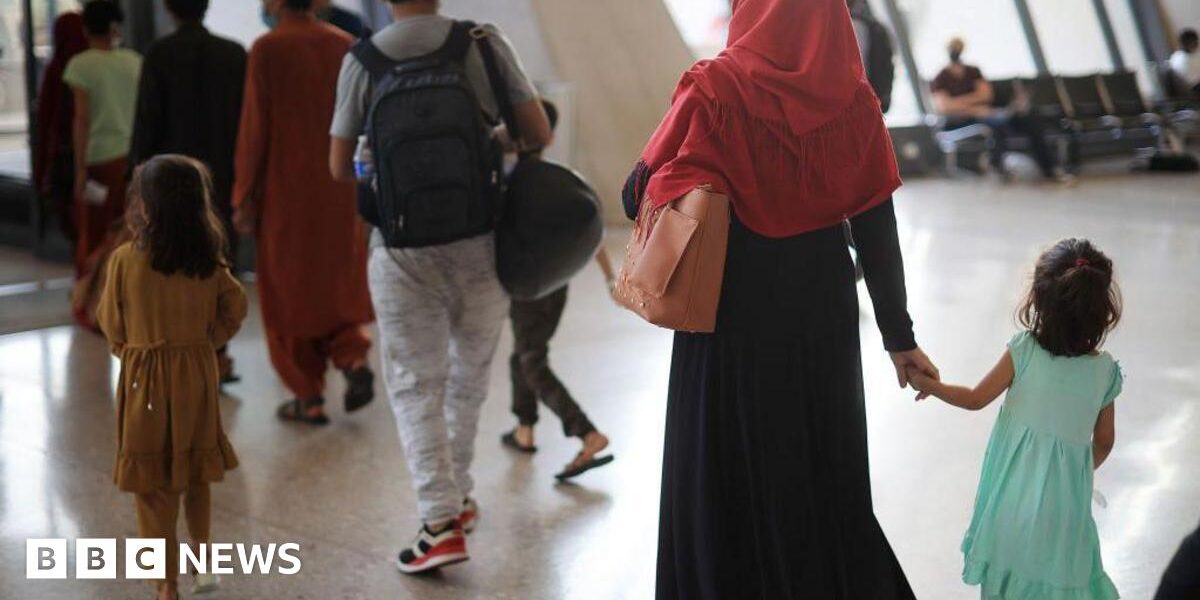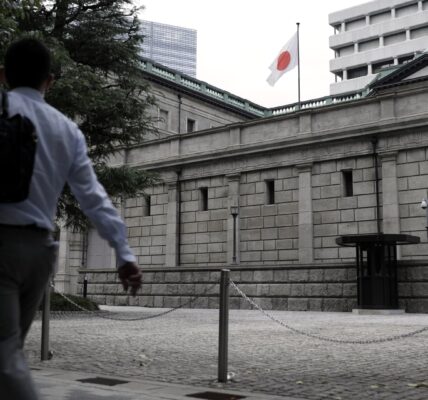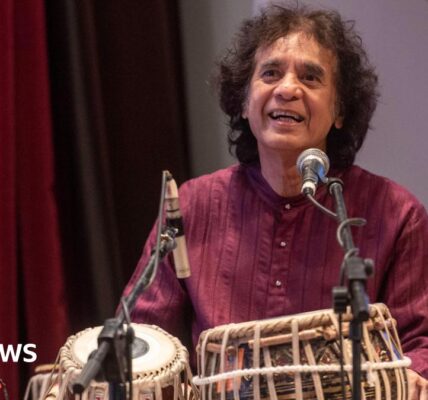Mina, who is pregnant, has been waiting for a flight out of Islamabad for six months. She worries her terror will threaten her unborn child. “If I lose the baby, I’ll kill myself,” she told the BBC.
She says she used to protest for women’s rights, even after the Taliban government took control of Afghanistan. She claims she was arrested in 2023 and detained overnight.
“Even then I didn’t want to leave Afghanistan. I went into hiding after my release, but they called me and said next time, they’d kill me,” she says.
Mina worries the Pakistani government will send her back to Afghanistan. That’s partly because Pakistan will not grant Afghan refugees asylum indefinitely.
The country has taken in hundreds of thousands of refugees from its neighbour, over decades of instability in the region. According to the UN refugee agency, the country hosts three million Afghan nationals, about 1.4 million of whom are documented.
As cross-border tensions with the Taliban government have flared, there has been growing concern over the fate of Afghans in Pakistan, with reports of alleged intimidation and detentions. The UN special rapporteur has said he’s concerned and Afghans in the region deserve better treatment.
Pakistan’s government says it is expelling foreign nationals who are in the country illegally back to Afghanistan and confirmed search raids were conducted in January.
According to the IOM, more than 795,000 Afghans have been expelled from Pakistan since last September.
The Afghan refugees we’ve spoken to feel caught between a homeland where their lives are in danger, and a host country whose patience is running out.
They had been pinning their hopes on the US – but what seemed a safe harbour has been abruptly blocked off by the new president until further notice.





